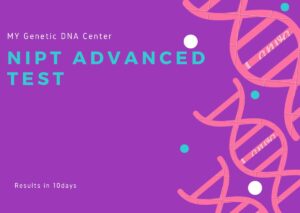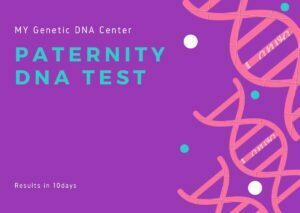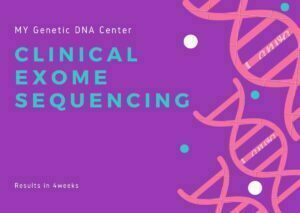What is a clinical exome test?
The Clinical Exome Sequencing test identifies disease-causing DNA variants within the 1% of the genome that codes for proteins (exons) or flanks the regions that code for proteins (splice junctions).
How is a Clinical Exome Sequencing test done?
A single test, Clinical Exome Sequencing, offers the remarkable ability to detect many genetic disorders. Furthermore, this comprehensive testing approach enables healthcare professionals to identify a wide range of genetic variations and mutations.
How accurate is clinical exome sequencing?
On average, we achieve a capture and sequencing rate of >99.4% of the exome, ensuring reliable variant calls. Additionally, coverage is determined by the number of times each nucleotide is sequenced.
How many genes are in an exome?
Each gene is comprised of the protein-coding segments, known as exons; the intervening sequences, known as introns; and the regulatory regions on each end of the gene (5′ and 3′ end regions). There are about 180,000 exons in each human genome that are collectively referred to as an exome. Furthermore, you can also opt for Whole Exome Sequencing which provides the advantage of increased gene coverage, allowing for a more comprehensive assessment of a wider range of genes.
What is the method used to perform the test?
Next-generation sequencing (NGS). This advanced technology actively determines the order of nucleotides in entire genomes or targeted regions of DNA or RNA.
What is Next-generation sequencing (NGS)?
Next-generation sequencing methodology allows for the rapid and relatively inexpensive analysis of large amounts of DNA, up to entire genomes. Exome sequencing utilizes next-generation technology to analyze all protein-coding sequences in the human genome.
Benefits of Clinical Exome Sequencing:
Accurate Diagnoses:
Clinical exome sequencing offers a higher diagnostic yield compared to traditional genetic tests, as it meticulously examines a significant portion of the genome responsible for disease-causing mutations.
Uncovering Rare Genetic Conditions:
Many individuals with undiagnosed genetic conditions can finally find answers through clinical exome sequencing. This technology enables the detection of rare genetic disorders that might not be identified by other diagnostic methods, providing crucial information for tailored medical management.
Personalized Treatment Approaches:
Understanding the genetic basis of disease through clinical exome sequencing allows healthcare providers to develop personalized treatment plans. By targeting the specific genetic variations responsible for a condition, clinicians can explore targeted therapies and interventions, improving patient outcomes and quality of life.
Family Planning and Genetic Counseling:
This test plays a vital role in family planning and genetic counseling. It helps identify inherited genetic conditions, assess the risk of passing them on to future generations, and inform reproductive decisions. This empowers families with the knowledge needed to make informed choices about their healthcare and family planning options.
Research and Scientific Advancements:
Clinical exome sequencing contributes aggregated data to scientific research and aids in the discovery of new disease-causing genes. This data actively enhances our understanding of the human genome and paves the way for further advancements in precision medicine.
Choose Clinical Exome Sequencing for Advanced Genetic Analysis:
The test stands at the forefront of genetic testing, offering an unparalleled level of precision and diagnostic accuracy. Additionally, this innovative technology has the potential to transform patient care by uncovering rare genetic conditions, guiding treatment decisions, and aiding in family planning.
To explore how clinical exome sequencing can provide the answers you’ve been seeking, make an appointment with our expert genetic counselors and healthcare professionals. During the consultation, you will experience the power of this cutting-edge genetic testing approach and gain a deeper understanding of your genetic makeup.
Contact us today to learn more about clinical exome sequencing and how it can revolutionize your healthcare journey.
In what format are clinical exome results typically reported?
The reporting of results from a clinical exome is intricately tied to the type of variant identified. Consequently, each variant carries distinct implications for the individual being tested and their family.
Raw data:
Raw data is available free of charge for download (FASTQ, BAM, VCF files), along with filtered and annotated variant tables (XLS file), providing a wealth of information for further research. Moreover, researchers and scientists can access this data to delve deeper into genetic variations and explore potential associations with various conditions.
In how many days the test reports will come?
You can expect the delivery of your results in 3 to 4 weeks, providing you with valuable insights into your genetic profile. Furthermore, we will include the raw data alongside the results, enabling you to actively explore and analyze the information.
How to Get an Appointment?
To schedule an appointment,
Reach out to our clinic through phone, email, or online contact form. Our friendly staff will assist you in setting up an appointment.
During the consultation, you will have the opportunity to discuss your specific needs, ask questions, and gather information about clinical exome sequencing. Our team will guide you through the process, explain the benefits, and address any concerns you may have.






